Ever wonder why some fragrances linger for hours while others fade away in minutes? The secret lies in the complex interplay of chemistry, application, and environmental factors. Long-lasting fragrances are more than just a luxury—they’re a science-driven experience. Let’s explore the fascinating world behind these enduring scents and discover how you can make the most of your perfume.
Fragrance Chemistry
Understanding Perfume Concentrations
The longevity of a fragrance starts with its concentration. Perfumes come in various forms, such as Eau de Parfum (EDP) and Eau de Toilette (EDT). EDPs typically have a higher concentration of aromatic oils (15-20%), making them last longer than EDTs, which have about 5-15%.
The Role of Notes in Longevity
Every fragrance unfolds in three layers:
- Top notes: These are the first impressions, often citrusy or fresh, but they evaporate quickly.
- Middle notes: Known as the heart of the fragrance, these florals or spices develop as the top notes fade.
- Base notes: Heavier, long-lasting components like vanilla, patchouli, or musk anchor the scent, leaving a lasting impression.
Factors Affecting Fragrance Longevity
Skin Chemistry
Your skin’s pH and oil levels play a significant role in how a perfume interacts with your body. Oily skin tends to retain scents longer, while dry skin may require additional moisturization to hold onto fragrances.
Climate and Environment
Hot weather accelerates evaporation, causing fragrances to fade faster. Conversely, cooler climates help scents linger longer by slowing down the evaporation process.
Application Techniques
Where and how you apply your perfume matters. Target pulse points like wrists, neck, and behind the ears, as the warmth from these areas helps diffuse the scent. For better results, avoid rubbing your wrists together—it breaks down the fragrance molecules.
The Role of Ingredients
Natural vs. Synthetic Compounds
Natural ingredients like essential oils are rich and complex but can evaporate quickly. Synthetic molecules are often designed for longevity, offering a more consistent scent experience.
Fixatives in Perfumes
Fixatives, such as ambergris or labdanum, are essential in slowing down the evaporation of volatile ingredients, ensuring your scent lasts all day.
Molecular Weight and Volatility
Heavier molecules evaporate more slowly, making them ideal for base notes. Light molecules, like those in citrus, dissipate faster, affecting the perfume’s overall longevity.
Perfume Development Process
Blending for Longevity
Perfumers carefully balance ingredients to create harmonious and enduring compositions. This involves using a mix of volatile and non-volatile compounds.
Aging and Maturation
Much like fine wine, fragrances improve with aging. Allowing a perfume to mature deepens its complexity and enhances its staying power.
Tips to Make Fragrances Last Longer
Choosing the Right Fragrance
Select perfumes with strong base notes if longevity is a priority. Look for ingredients like sandalwood, vetiver, or musk.
Best Storage Practices
Store your fragrances in a cool, dark place away from heat and light. Exposure to these elements can degrade the perfume’s composition.
Layering Techniques
Layering products, such as matching body lotions or oils, can enhance the longevity of your scent. Start with a moisturizer to create a hydrated base, then apply your fragrance.
Innovations in Fragrance Longevity
Microencapsulation Technology
This cutting-edge approach involves encasing fragrance molecules in tiny capsules that slowly release scent over time, providing extended wear.
Advances in Molecular Science
Modern chemists are designing molecules specifically engineered for longevity, enabling the creation of fragrances that defy traditional evaporation rates.
The art of crafting long-lasting fragrances lies at the crossroads of science and creativity. From understanding the role of ingredients to mastering application techniques, there’s much to appreciate about the meticulous effort behind your favorite scents. By applying these insights, you can ensure that your fragrances leave a lasting impression—just like you.

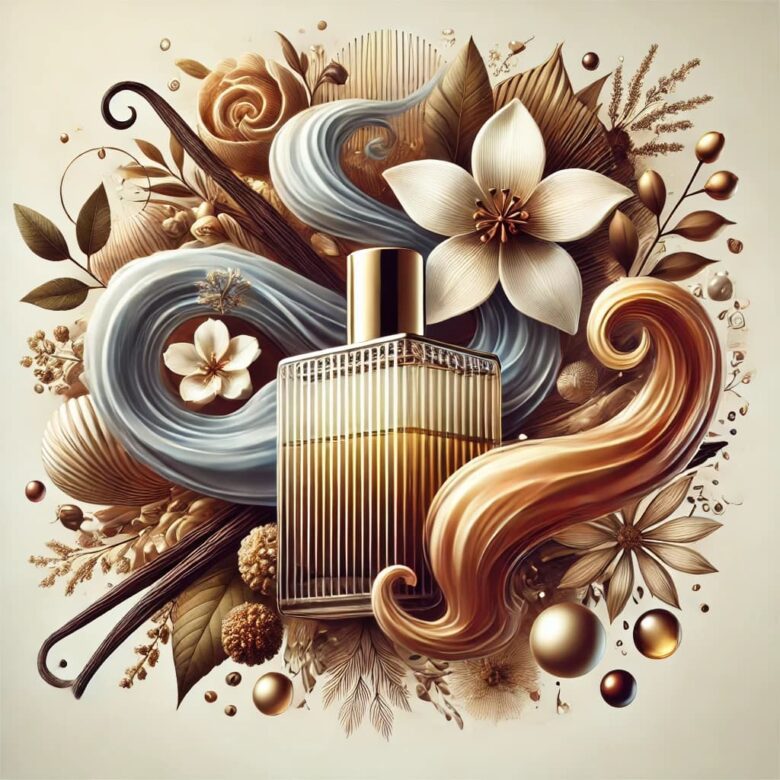
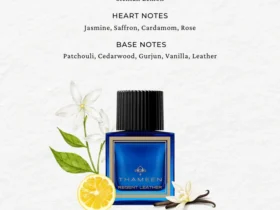
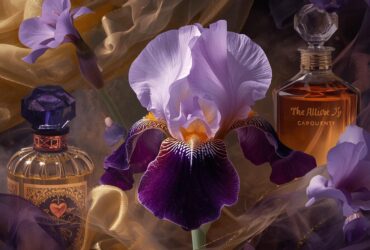
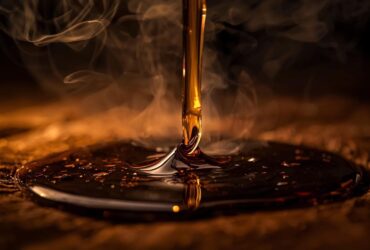
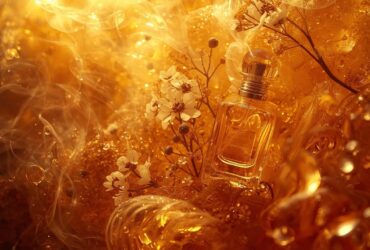

Leave a Reply